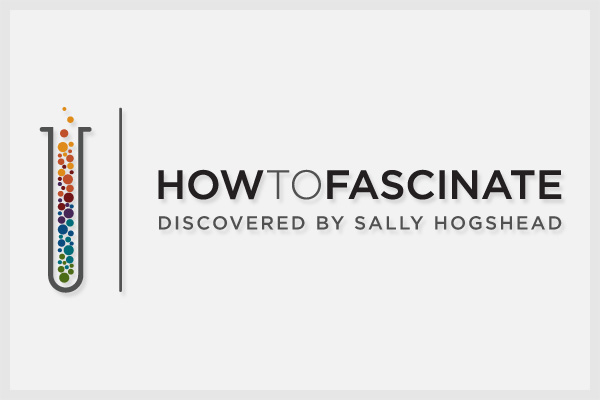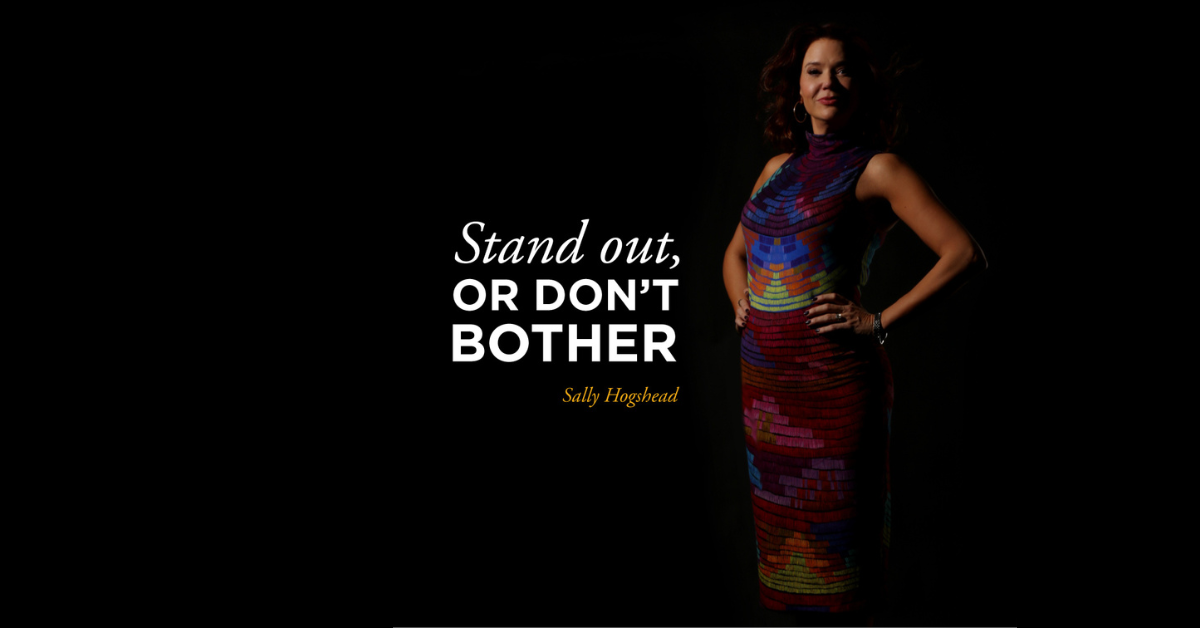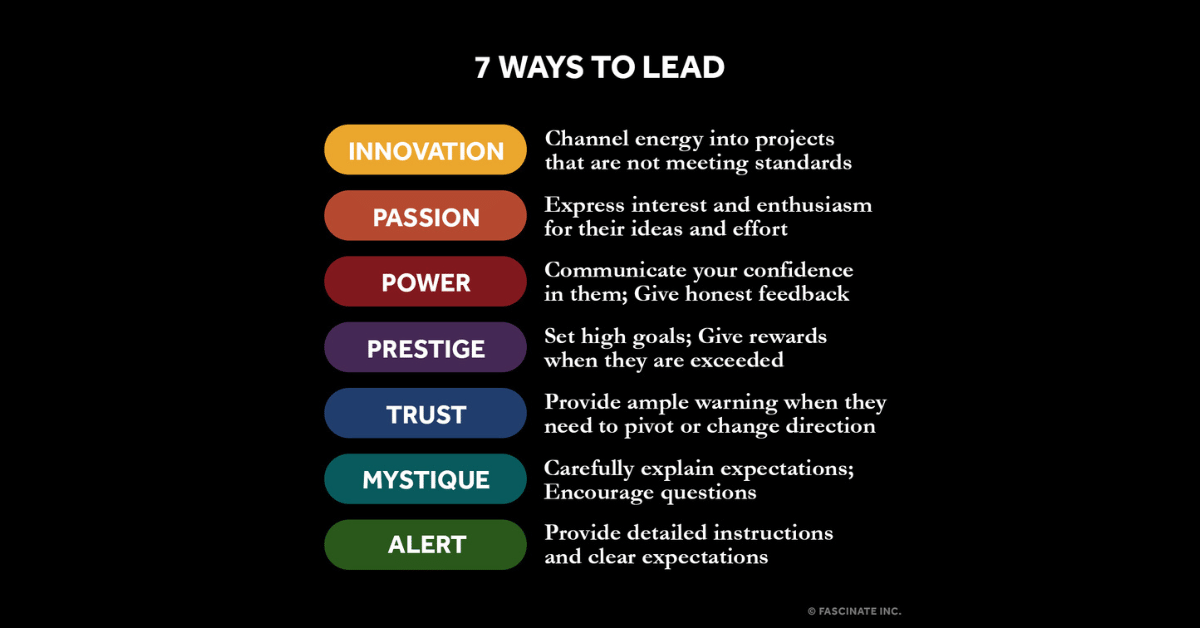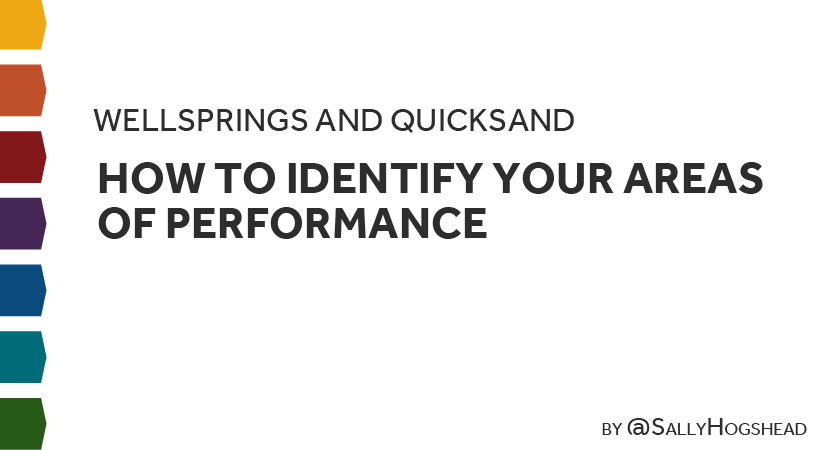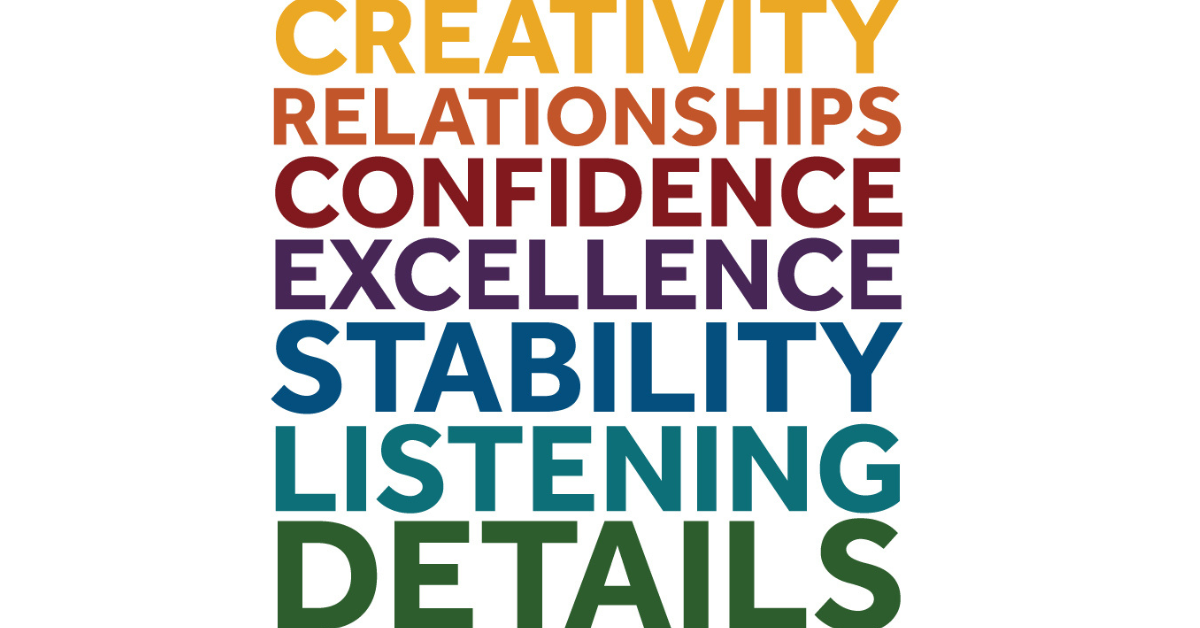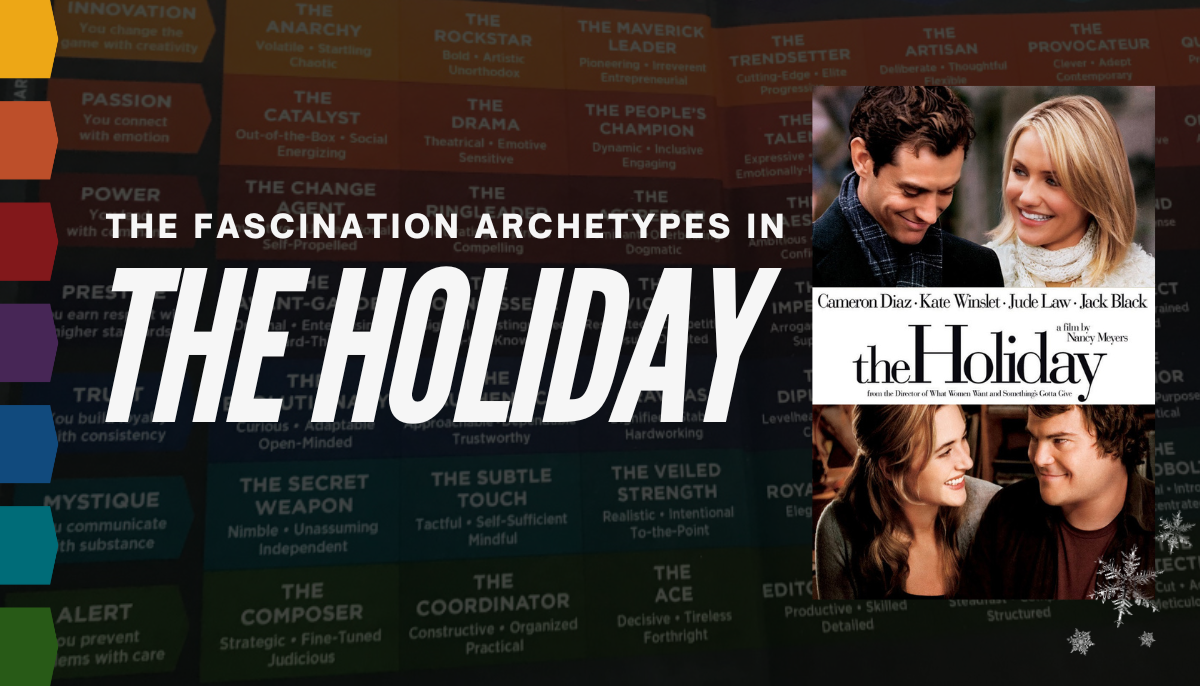True story…
The moment I walked on stage for a recent big speech, my microphone died. No sound. Yikes.
How can you over-deliver for your client if the audience can’t hear the speech you flew 2,000 miles to deliver?
Always have Plan B ready, to keep your listeners engaged. That way, you won’t get flustered, and they won’t get bored.
In this case I said:
“Don’t worry, I’ve been trained in MIME… and I’ll be delivering the entire speech in interpretive dance.”
By the time the laughter died down, my new mic was ready to go, and the speech went on to a standing ovation!
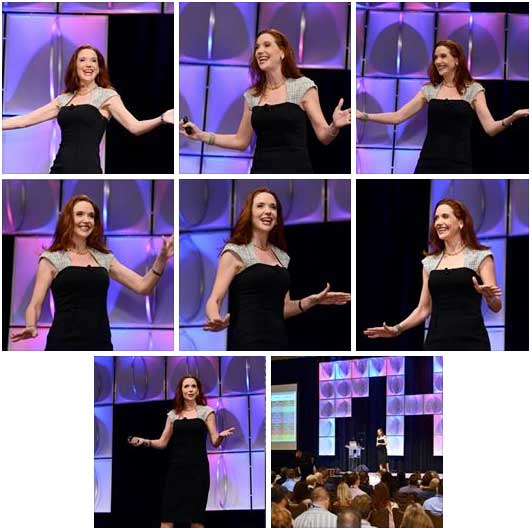
Sometimes the situation doesn’t go according to plan. Here are 7 ways to create a solid plan B.
Innovation: Improv is where you thrive. Start off with a witty joke.
Trust: You’ve probably encountered problems before. Think back to the best methods you used to solve them.
Prestige: Think of past success stories. If you can’t access your presentation, be sure to know the highlights.
Passion: Get your audience comfortable with a friendly back-and-forth. Take some questions from the crowd.
Mystique: Don’t give away that anything is amiss. Confront the situation calmly and deliberately.
Alert: Take preventative measures such as doing a dry run before the presentation.
Power: Take command of the situation. Have go-to opinions of authority to captivate and lead the group.
What are the ways you’ve salvaged a plan gone wrong? Let us know in the comments.

